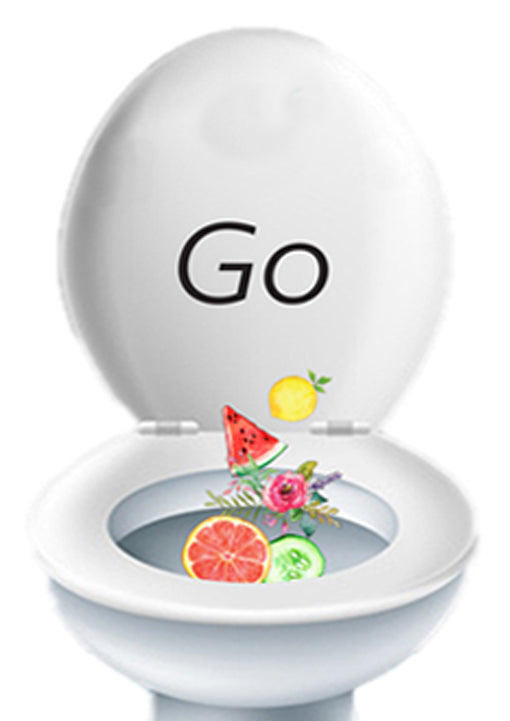The Science of Odor Elimination: Poop Spray vs. Air Fresheners
Unpleasant odors are a fact of life, especially in the bathroom. Whether it's a public restroom or your own private space, nobody enjoys encountering foul smells. Fortunately, the world of odor elimination offers two popular solutions: poop spray and air fresheners. But how do these products work, and which one is more effective? Let's delve into the science of odor elimination and compare the two.
The Science Behind Odor Elimination
Before we dive into the specific products, it's essential to understand the science of odor elimination. Unpleasant smells are caused by volatile organic compounds (VOCs) released into the air. These compounds can result from various sources, including bacteria breaking down organic matter, like feces.
To combat these odors, two primary approaches are used:
Masking Odors: This involves covering up the unpleasant smell with a more pleasant fragrance. Traditional air fresheners typically follow this method.
Neutralizing Odors: Instead of masking, neutralizing products aim to alter the odor molecules, rendering them odorless. Poop sprays, often known as "before-you-go" sprays, fall into this category.
Now, let's take a closer look at each method.
Air Fresheners: Masking the Problem
Traditional air fresheners are designed to mask unpleasant odors by releasing fragrant chemicals into the air. These fragrances overpower the malodorous compounds, making it more difficult for your nose to detect the unwanted smell. The science behind air fresheners is relatively straightforward:
Essential Oils and Fragrances: Air fresheners contain essential oils, synthetic fragrances, or a combination of both. These chemicals are released into the air, providing a pleasant scent that helps mask unpleasant odors.
Temporary Solution: The effectiveness of air fresheners is temporary. They don't eliminate the odor molecules; instead, they cover them up. As the fragrance dissipates, the original smell may return.
Fragrance Overload: Sometimes, using too much air freshener can result in an overwhelming mix of scents that may be just as unpleasant as the original odor.
Poop Sprays: Neutralizing Odors at the Source
Poop sprays, on the other hand, take a different approach. Instead of masking the odor, they aim to neutralize it at its source, which is often the toilet bowl. Here's how they work:
Essential Oils and Odor-Neutralizing Compounds: Poop sprays typically contain a blend of essential oils and odor-neutralizing compounds. These ingredients create a thin film on the water's surface in the toilet bowl when sprayed.
Trapping Odor Molecules: As you do your business, the malodorous compounds are released into the air. However, the film created by the poop spray traps these odor molecules, preventing them from escaping into the bathroom.
Flushing Away Odors: When you flush the toilet, the treated water carries away the trapped odors, leaving behind a mild, pleasant fragrance.
The Verdict: Poop Spray vs. Air Fresheners
When it comes to the science of odor elimination, poop sprays have the upper hand for several reasons:
Targeted Approach: Poop sprays neutralize odors directly at the source, ensuring that unpleasant smells are contained and eliminated.
Efficiency: By neutralizing odors rather than masking them, poop sprays are often more effective in providing long-lasting freshness.
Environmental Impact: Many poop sprays are designed to be environmentally friendly, using natural ingredients and eco-conscious packaging. This reduces waste and supports sustainability.
Discreetness: Poop sprays allow for a more discreet way of managing bathroom odors, as they can be used before you sit, without drawing attention to yourself.
Variety of Scents: Like air fresheners, poop sprays come in various scents, catering to individual preferences.
While air fresheners have their place in combating odors, especially in larger spaces, they tend to be less effective in the bathroom due to their masking approach and temporary nature.

